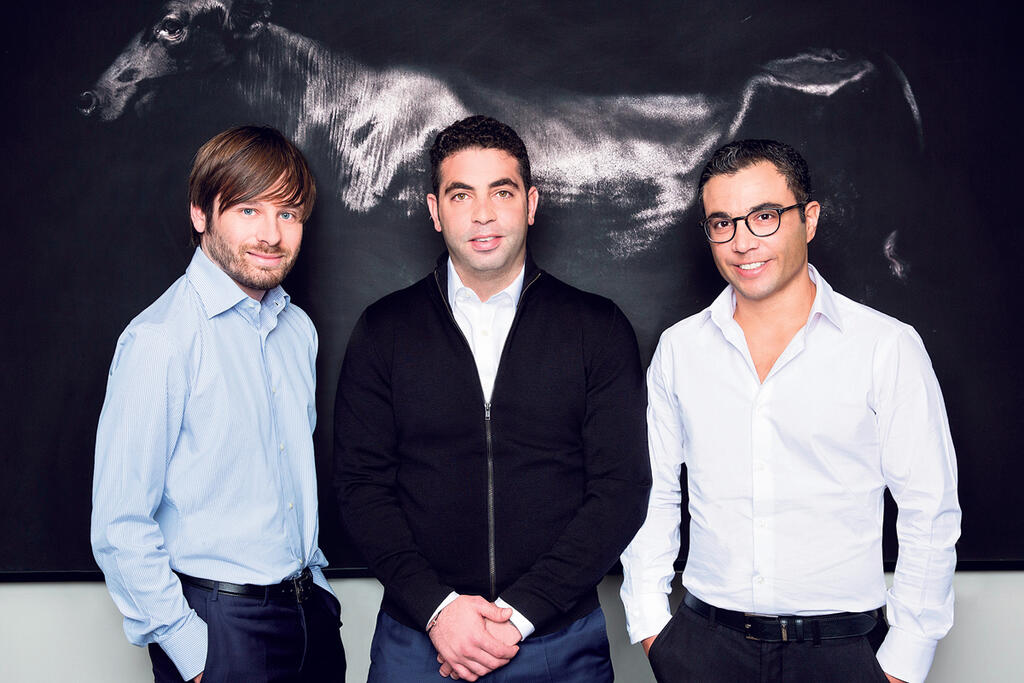
From bad to worse: Pagaya's consumer credit fund further limits withdrawals
The new restrictions mean that the waiting time for investors to access their redeemed funds will double, with investors now only being able to receive 10% of their requested amount each quarter
Fintech company Pagaya is facing deepening credit difficulties, with investors being informed of further restrictions on fund withdrawals from what is Israel's largest consumer credit fund, the Pagaya Opportunity Fund. The new restrictions mean that the waiting time for investors to access their redeemed funds will double, with investors now only being able to receive 10% of their requested amount each quarter. This means they will only receive the full amount after 10 quarters, equivalent to approximately 30 months or two and a half years.
This is a departure from the previous system where the full withdrawal was completed within 4-6 quarters (one to one and a half years). The change in the withdrawal mechanism is a response to liquidity challenges faced by the funds, prompting Pagaya to adopt a phased approach rather than allowing immediate and complete fund withdrawals.
Pagaya, a fintech company traded on Nasdaq, operates two credit funds through its wholly owned subsidiary: the Pagaya Opportunity consumer credit fund managing $1.3 billion, and the Pagaya Auto Loans fund. Pagaya Opportunity is the largest consumer credit fund in Israel.
The fund's manager in Israel, Keren Danziger, notified investors on Wednesday that the withdrawal mechanism would change at the end of the month. The decision was made due to a significant increase in withdrawal requests, surpassing the typical withdrawal rate throughout the fund's operation since its establishment in 2018. In the letter to investors, the fund's managers stated that the new mechanism aims to ensure continued stability for investors. They believe this approach will allow the investment manager to effectively manage the funds, avoiding hasty realization of assets at lower prices that could harm all investors. It is estimated that the fund has already experienced withdrawal requests totaling hundreds of millions of dollars.
This is the second time in less than two months that Pagaya has altered its redemption mechanism in response to a high volume of withdrawal requests. In mid-April, the consumer credit fund canceled the option for full and immediate fund withdrawals, instead, establishing a mechanism in which the funds would be transferred quarterly, with the goal of completing the full withdrawal within a year and a half. This decision drew criticism from investors, some of whom threatened legal action. Now, due to ongoing withdrawal pressure, the fund has decided to limit withdrawals further, returning only 10% of the investment each quarter. A senior Pagaya official explained that this move aims to protect the majority of investors who are interested in continuing their investment in the fund. The official also highlighted that other leading credit and real estate funds, such as Blackstone, BlackRock, and Morgan Stanley, have taken similar measures.
The funds allocated to customers who wish to redeem their money will come from future cash flow generated by the fund's loans, rather than from its existing assets or equity. The decision to extend the time frame for fulfilling withdrawal requests indicates that the management anticipates reduced future cash flow alongside the increasing number of withdrawal requests. This adjustment aligns with Pagaya's previous action at the end of last year when it revised down the value of its loan portfolio and wrote off tens of millions of dollars. Consequently, the fund experienced a negative return of 1.74% in the final month of 2022. The fund ended 2022 with an overall return of 4%, the lowest among consumer credit funds marketed in Israel. However, the fund emphasized that the downward revaluation was a responsible and realistic measure taken in response to the macroeconomic situation, including rising interest rates and inflation.
Like other consumer credit funds, Pagaya's fund operates in the alternative, non-tradable sector. Israeli consumer credit funds operating in the U.S. have enjoyed favorable conditions in recent years due to zero interest rates in the economy. However, starting from March of the previous year, central banks worldwide began raising interest rates to address inflation concerns. In the U.S., interest rates have increased from zero to 5.25%-5%. The rising interest rates have negatively impacted the appeal of various risk assets, including stocks, bonds, and consumer credit. When interest rates are high, safer investment options become more attractive, prompting the public to allocate funds accordingly. Moreover, rising interest rates combined with high levels of inflation erode the purchasing power of the public. The increased interest rates also raise the risk of default in the consumer credit field.
Pagaya, the parent company of the Pagaya Opportunity Fund, was established in 2016 by CEO Gal Krubiner, CTO Avital Pardo and CRO Yahav Yulzari. Last June, Pagaya became a publicly traded company on the Nasdaq after completing a SPAC merger at an $8.5 billion valuation. Soon after entering the Nasdaq, Pagaya was briefly the most highly valued Israeli company in the world, valued at $20 billion, but since then its stock has weakened significantly and today the company's market cap is only about $845 million.















